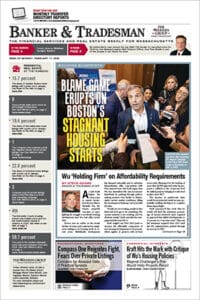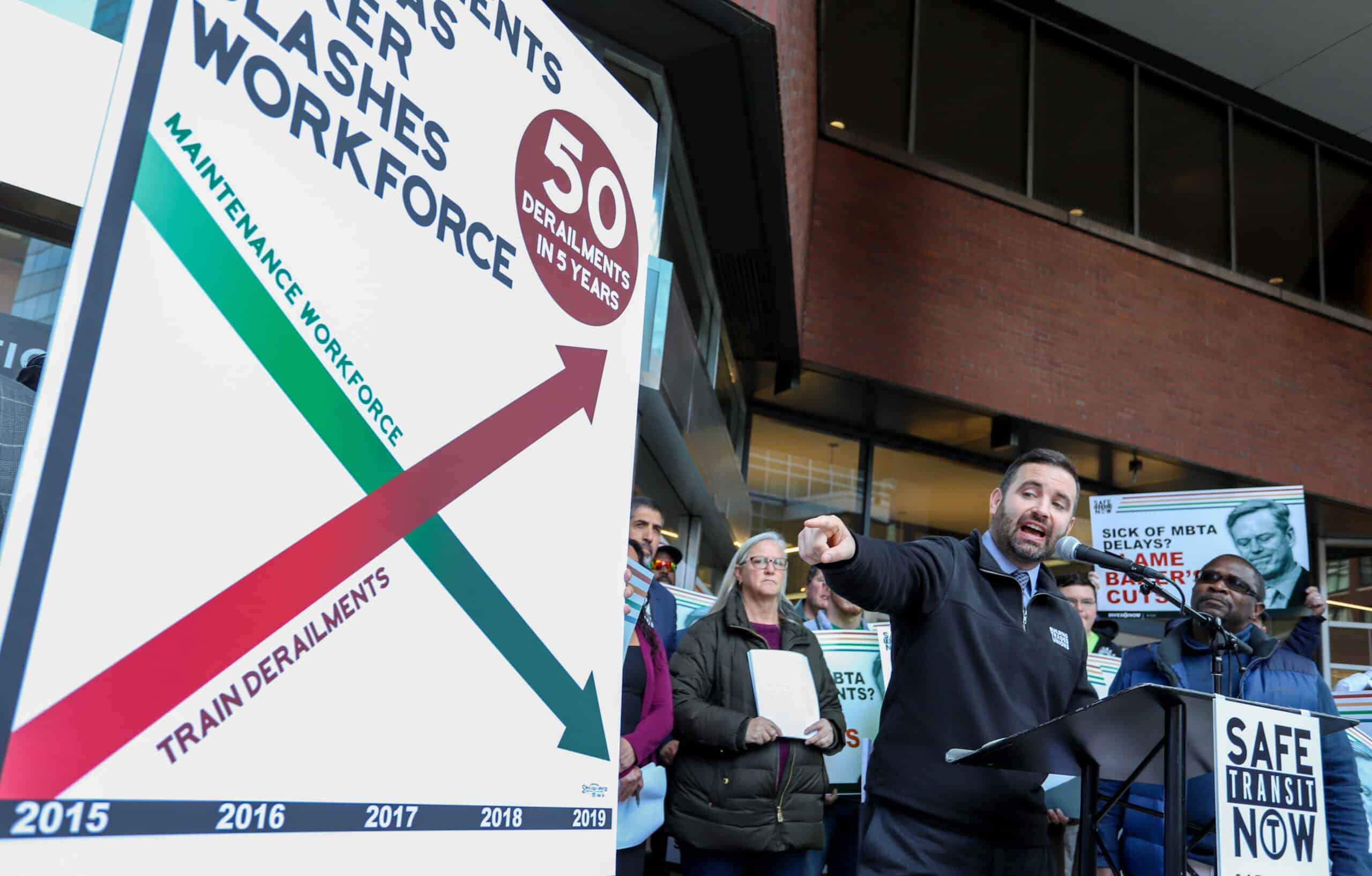A new, nationwide survey from real estate website Zillow has found that nearly two-thirds of Boston-area residents want the ability to convert their single-family homes into multifamily units.
While the survey conducted across 20 of the nation’s largest metro areas found three in four respondents agree local governments should do more to keep housing affordable, and most agree that allowing more building would help, they remain skeptical of large, multifamily buildings.
The latest Zillow Housing Aspirations Report asked homeowners for their feelings about how best to help quell affordability issues by allowing more homes into their neighborhoods, and comes as in-law suites and backyard cottages gain attention as possible solutions to sharply rising housing costs.
Housing experts say even modest rezoning to allow for more accessory dwelling and small multifamily units could spur the creation of millions of new homes nationwide. Even rezoning limited to areas near MBTA stations would enable the construction of enough units to meet most of the units the state needs to build by 2025 to satisfy demand, according to the Massachusetts Housing Partnership.
Small multifamily buildings – those between two and four units – are increasingly being promoted in some corners as so-called “missing middle” housing that can increase both supply and affordability because the structures often cost less to build than larger multifamily ones.
“In an era of historically low supply and escalating housing prices, the need for more solutions to create housing opportunities is greater than ever. Our latest research shows that homeowners in major markets are generally supportive of providing a range of housing options that allow for not only more housing units, but also a diversity of housing types in existing communities,” Zillow senior economist Cheryl Young said in a statement. “Homeowners may continue to shy away from adding large multifamily buildings nearby, but are open to adding units in their own backyards. This ‘missing middle’ housing, they believe, could help alleviate the housing crunch without sacrificing neighborhood look and feel while improving local amenities and transit. These findings show that broad-based support, especially from homeowners, provides the middle ground necessary to move the needle needed to bring relief to the housing crunch.”
In Greater Boston, 63 percent of survey respondents said homeowners should be able to add additional housing units to their property, compared to 57 percent in Minneapolis, where city officials last year eliminated single-family zoning city-wide in an effort to boost housing production and affordability.
Nationwide, 57 percent of those surveyed backed the ideas of increasing density on single-family lots, and 30 percent said they would be willing to invest money to create housing on their own property if allowed.
The strongest support comes from younger and lower-income homeowners and those in the West, where housing tends to be the most expensive. The highest support was in the San Diego (70 percent), Seattle (67 percent) and San Francisco (64 percent) metros, and the lowest was in the Detroit (47 percent), Phoenix (50 percent) and Dallas (51 percent) areas.
Support also was strongest among homeowners of color – two-thirds (67 percent) of Black homeowners supported this type of density, compared with just over half (54 percent) of white homeowners. Zillow researchers speculated in an announcement that this may be related to persistent homeownership gaps driven in large part by historical discriminatory and exclusionary housing policies.
Advocacy was more muted for larger multifamily buildings. Only 37 percent of homeowners surveyed nationwide said they would support a large apartment building or complex in their neighborhood – and that support was more starkly divided among generations. Nearly 60 percent of homeowners aged 18 to 34 were open to large buildings, compared with only a quarter of those 55 and older.
However new housing construction comes about, more than three-quarters of homeowners surveyed said single-family neighborhoods should remain that way, with more older homeowners (81 percent) agreeing than younger homeowners (69 percent). And a little more than half said adding homes was acceptable if they fit in with the general look and feel of the neighborhood. Homeowners expressed concern about the impact of more homes on traffic and parking, with 76 percent saying that it would have a negative impact. About half said it would have a positive impact on amenities and transit.
Still, about two-thirds of homeowners (64 percent) said that more homes in single-family neighborhoods would have a positive effect on the overall availability of more-affordable housing options. Support for this sentiment was highest in Greater Boston, at 68 percent.







